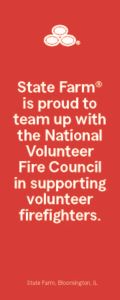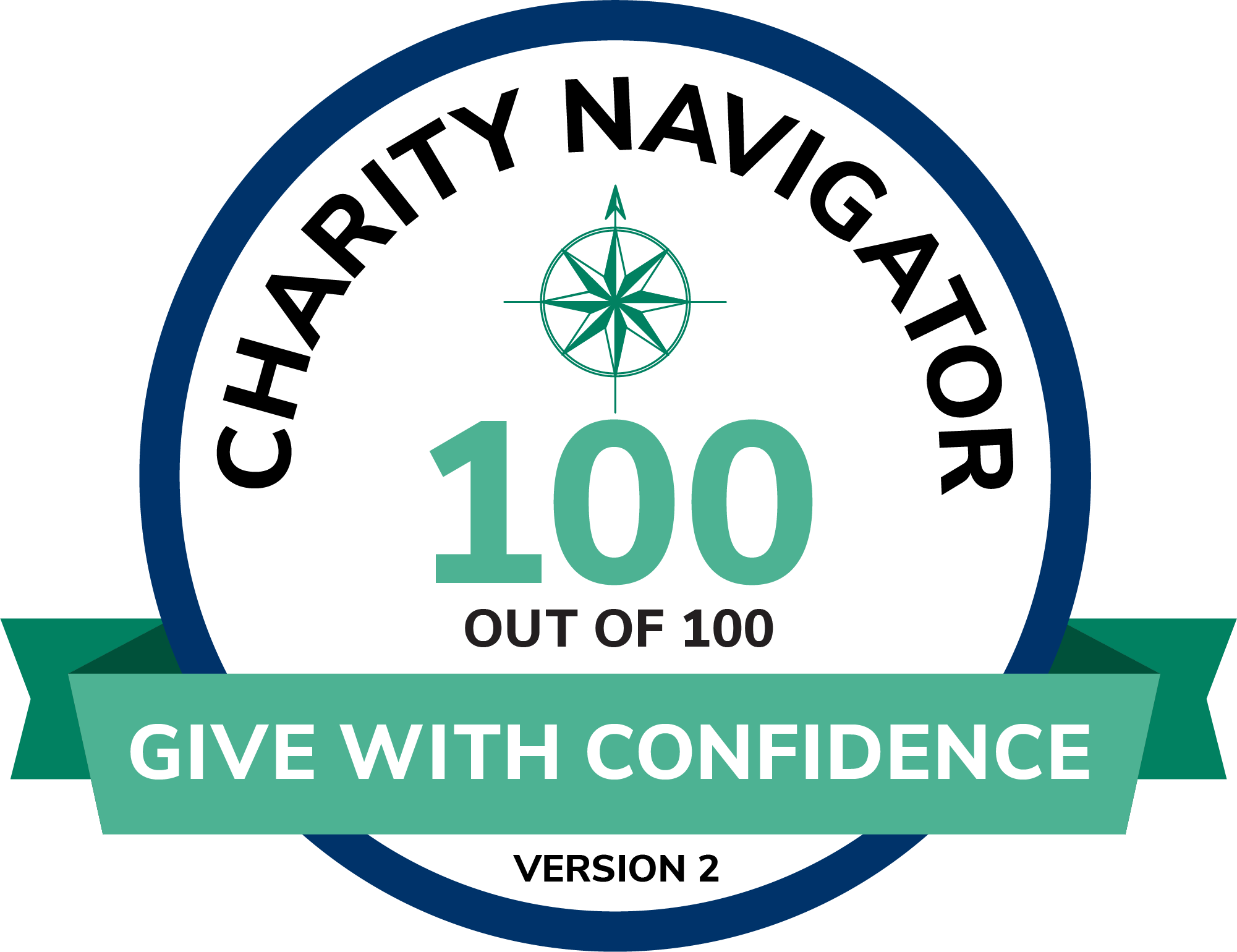New UL FSRI Online Training Addresses Firefighter Safety Concerns Related to Flammable Refrigerants
May 18, 2021
UL Firefighter Safety Research Institute (FSRI) has released a new Firefighter Safety and Flammable Refrigerants online training course. This course explores the results of research experiments conducted as part of a collaborative effort between UL FSRI, UL’s Fire Research and Development team, the Air-Conditioning, Heating, and Refrigeration Institute (AHRI), California Department of Forestry and Fire Protection (CAL FIRE), International Association of Fire Chiefs (IAFC), International Association of Fire Fighters (IAFF), National Association of State Fire Marshals (NASFM), and National Volunteer Fire Council (NVFC).
Over the past few years, UL’s Fire Research and Development team has been involved in an ongoing conversation with AHRI and the fire service that seeks common solutions for both industry and firefighter safety related to incidents involving flammable refrigerants. To address the concerns of both groups, UL’s Fire Research and Development team proposed a project to AHRI that would comparatively test newer A2L refrigerants (lower global warming potential refrigerants) with traditional A1 refrigerants in replicated firefighting scenarios. Knowing the tests would need to mirror actual scenarios to make a true impact on firefighter safety, the research collaborative knew additional fire service-based scientific expertise would be required.
With a trusted history of developing and executing experiments with the fire service both in the laboratory and in the field, UL FSRI was brought in to design the tests and to translate the science into strategy. Once the research was complete, UL FSRI continued working with the primary fire service organizations to put the tactical considerations for firefighters into an interactive online training course.
“This project is the first of its kind both nationally and internationally to develop training for next generation refrigerants for the fire service. AHRI appreciates the members of the fire service and UL’s employees that have committed significant time to the development of this online training to ensure that the delivery is both accurate and helpful to firefighters,” stated Helen Walter-Terrinoni, AHRI vice president of regulatory affairs.
“This effort reinforced the value of partnerships between industry, independent testing, and the fire service to research these changes and create educational programs for the fire service. These efforts will continue to improve firefighter health and safety,” said Sean DeCrane, UL’s built environment manager of industry relations.
Now available through the UL FSRI Fire Safety Academy, users can access this complementary course anytime to learn more about the hazards posed by refrigerants as well as appropriate mitigation strategies. Armed with this knowledge, standard operating guidelines utilized during fireground operations can be examined and potentially improved to enhance operational effectiveness and reduce the risk to firefighters and building occupants. Click here to access the course via the UL FSRI Fire Safety Academy.
About UL Firefighter Safety Research Institute
UL Firefighter Safety Research Institute (FSRI) advances fire research knowledge and develops cutting edge, practical fire service education aimed at helping firefighters stay safe while more effectively protecting people and property. Guided by a global advisory board comprised of fire service personnel, UL FSRI investigates residential, commercial, and industrial fires through full-scale testing, field-testing, and modeling to replicate actual fires faced by firefighters. Research results are shared through interactive training courses that have reached hundreds of thousands of firefighters globally. To learn more, visit ULFirefighterSafety.org. Follow UL Firefighter Safety Research Institute on Twitter, Instagram and Facebook.
About Underwriters Laboratories
Underwriters Laboratories is a nonprofit organization dedicated to advancing the UL public safety mission through the discovery and application of scientific knowledge. We conduct rigorous independent research and analyze safety data, convene experts worldwide to address risks, share knowledge through safety education and public outreach initiatives, and develop standards to guide safe commercialization of evolving technologies. We foster communities of safety, from grassroots initiatives for neighborhoods to summits of world leaders. Our organization employs collaborative and scientific approaches with partners and stakeholders to drive innovation and progress toward improving safety, security, and sustainability, ultimately enhancing societal well-being. To learn more, visit UL.org.



